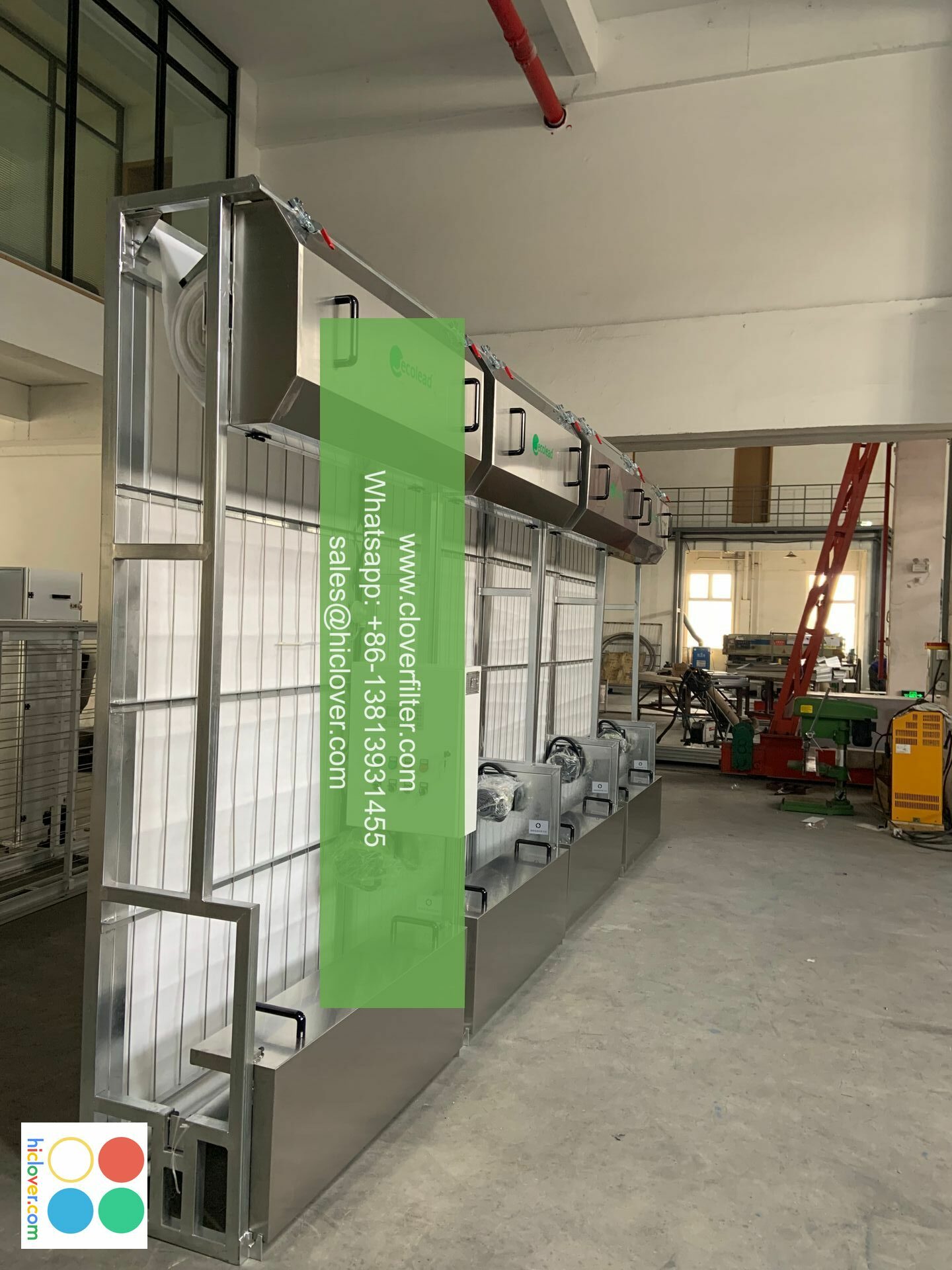AC Innovations: The Future of HVAC Air Filters

AC Innovations: The Future of HVAC Air Filters
Revolutionizing Air Quality and Energy Efficiency
The heating, ventilation, and air conditioning (HVAC) industry has undergone significant advancements in recent years, with a primary focus on improving air quality and energy efficiency. One of the most promising innovations is the development of advanced air filters that cater to the growing need for clean and healthy indoor environments. In this article, we’ll explore the future of HVAC air filters and their applications in various industries.
The Importance of Air Quality
Poor air quality is a significant concern worldwide, with the World Health Organization (WHO) attributing as many as 1 in 8 deaths globally to air pollution. Inside homes and buildings, the air quality can be just as bad, with particulate matter, pollutants, and allergens circulating through the air ducts. It’s essential to have effective air filters that can capture these particles, ensuring a healthy and comfortable environment for occupants.
Innovative Air Filter Technologies
To combat this issue, manufacturers have developed innovative air filters that are designed to capture a wider range of pollutants, including particulate matter, gases, and volatile organic compounds (VOCs). Some of the most promising technologies include:
- HEPA (High Efficiency Particulate Air) filters: Designed to capture 99.97% of particles as small as 0.3 microns, including viruses, bacteria, and pollutants.
- Activated Carbon filters: Utilizing activated carbon’s adsorption properties to capture gases, VOCs, and odor-causing molecules.
- Electrostatic filters: Electrified fibers that attract and capture particles, gases, and pollutants, making them a cost-effective and energy-efficient option.
Applications across Industries
These advanced air filters have far-reaching applications across various industries, including:
- Residential HVAC: Improve indoor air quality in homes, apartments, and commercial buildings, reducing allergies, asthma, and other respiratory issues.
- Healthcare facilities: Contain the spread of airborne pathogens, such as flu and COVID-19, and prevent the growth of bacteria and fungi.
- Commercial and Industrial settings: Clear the air of pollutants, odors, and gases, creating a healthy and comfortable work environment for employees and visitors.
- Agricultural and Food Processing: Minimize the impact of pesticides, heavy metals, and VOCs on produce and food products, ensuring a safer and healthier food supply.
Energy Efficiency and Sustainability
In addition to improving air quality, these innovative filters can also help reduce energy consumption and promote sustainability. By capturing pollutants and particles, HVAC systems can work more efficiently, reducing the need for frequent replacements and maintenance. Additionally, these filters can be designed to be reusable, minimizing waste and environmental impact.
Conclusion
The future of HVAC air filters is bright, with innovative technologies and applications emerging to transform the way we maintain indoor air quality. As the demand for healthier, more sustainable, and energy-efficient solutions continues to grow, manufacturers and industries will need to adapt and innovate to meet the challenge. By doing so, we can ensure a safer, healthier, and more comfortable living and working environment for generations to come.
Key Takeaways:
- Develop a comprehensive understanding of the importance of air quality and the impact of poor air quality on human health.
- Highlight the innovation in air filter technologies, including HEPA, activated carbon, and electrostatic filters.
- Emphasize the diverse applications of these filters across various industries, including residential, healthcare, commercial, and industrial settings.
- Discuss the energy efficiency and sustainability benefits of these filters, including reduced energy consumption and waste reduction.
I’m happy to help with a prompt! What would you like to talk about or ask?

